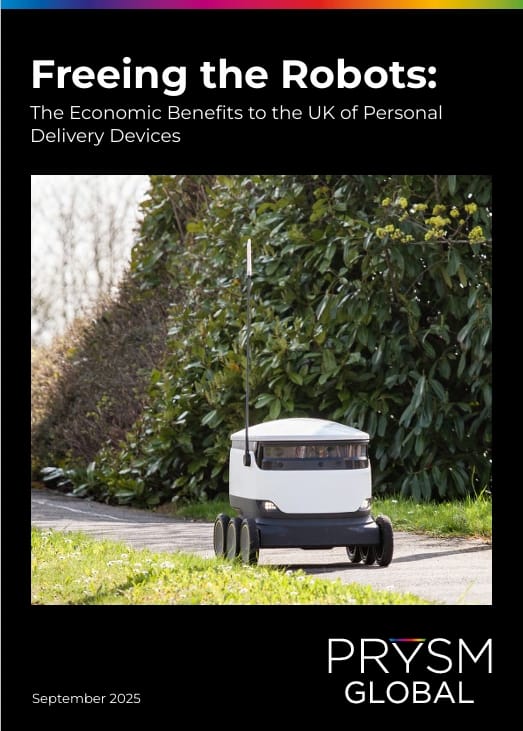Another British industry is on the brink of extinction. Bioethanol – making ethanol fuel from crops, such as wheat – was not long ago seen as a shining example of our green future. Thousands of jobs were created in alternative energy as a result of the drive to net zero. The main output is the E10 used in petrol sold in every forecourt in the country, cutting greenhouse gas emissions from cars. One of the byproducts is industrial CO2, vital for the NHS and making beer.
The UK had two bioethanol plants, both in the politically sensitive North East. The largest one, run by Vivergo, part of Associated British Foods, has just announced its closure, while the other is on the brink. The industry is not threatened so much by an adverse market, but adverse policy that tilts the whole market against them. Out of the blue, the US-UK trade deal, which removes tariffs on imports of US bioethanol, has proved a fatal blow.
This isn’t about special treatment, but a level playing field. Government renewable fuel policy, which I used to be the Minister for, treats US bioethanol, produced from corn, far more favourably than UK produced bioethanol. This is nothing to do with greenhouse gas emissions. Rather, as a result of a quirk of production, US bioethanol is officially classified as “waste”, which means that British fuel companies get a double incentive to use it under the Renewable Transport Fuel Obligation. As a result, sales of US bioethanol in the UK have surged at the expense of the UK produced bioethanol.
This is neither good for jobs, nor the environment. It means that the emissions reductions from putting E10 in petrol are far less than had been planned. It is good to use waste, but the definition of waste is somewhat arbitrary – one person’s waste can be another person’s valuable by-product. In another policy quirk, US bioethanol can be used to make the sustainable aviation fuel that UK airlines are required to use, whereas UK produced bioethanol is banned.
It would be far better to base the incentives on renewable fuels not on whether they tick the waste box or not, but on how much they reduce greenhouse gas emissions, which is the actual point of them. That would help level the playing field for UK bioethanol. The Government could also relatively painlessly move from E10 in petrol to E20, doubling the amount of bioethanol in petrol, and cutting emissions further.
The closing of the UK bioethanol plants is a big hit for the thousands of people who lose their jobs. But it is also be a big loss for the UK as a whole. It would further limit our energy production, so harming energy security. Crops for fuel are only 1% of agricultural production, but it would still be a blow to farmers, who would lose another source of income from their land. The bioethanol plants produce around half our industrial CO2, so closing them would risk another CO2 crisis, such as the one that threatened to cripple the UK in 2021.
It would also send out a terrible message to the investors in green energy that the Government is trying to attract. Who will invest billions developing a promising, politically popular green energy plant, if it can be killed off by policy changes?
The good news is the Government does finally seem to be paying attention. Number 10 have been engaged in saving the sector, and there have been two cross-departmental meetings to try to co-ordinate policy across Whitehall. The Government has not published some positive consultations, such as increasing the bioethanol content of petrol. But what is needed is action. Otherwise, we will witness another sad step in the deindustrialisation of Britain.


